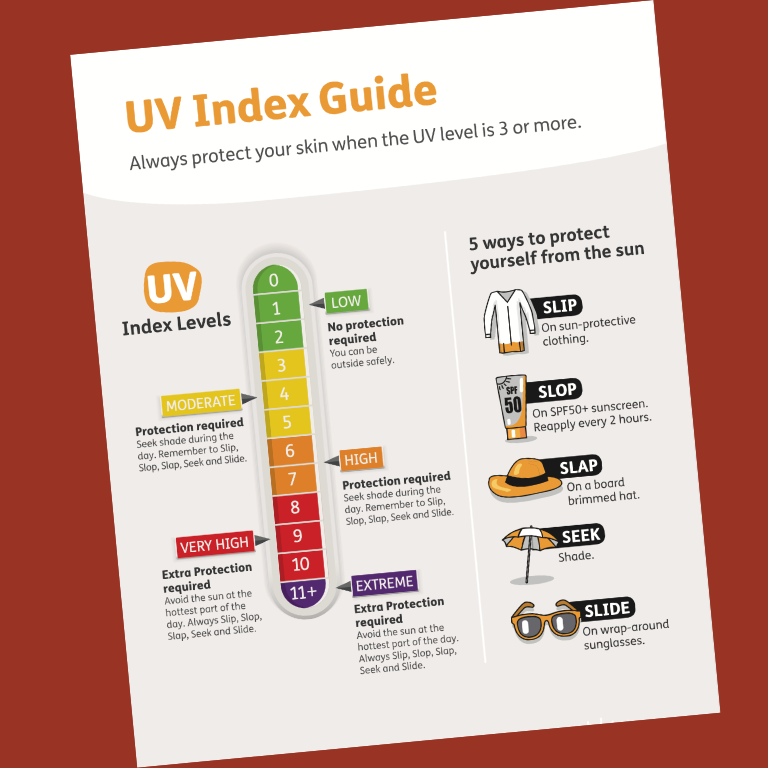Support
Ocular Melanoma Specialists
There are 3 main specialists you might see if you are diagnosed with ocular melanoma
Ophthalmologist
An Ophthalmologist is an eye doctor and will be able to inform you about the appropriate treatments for the primary tumour in the eye.
Medical Oncologist
A Medical Oncologist deals with issues of prognosis as well as existing and experimental therapies that may treat or prevent the appearance of the melanoma.
Radiation Oncologist
A Radiation Oncologist deals with radiation treatment. In some cases, this might treat the eye itself, in others it might treat some of the melanoma that has spread.
Resources
Ocular Melanoma Nurse
A specialist oncology nurse available Australia-wide to support ocular melanoma patients:
- Navigate their diagnosis and the healthcare system
- Liaise with members of the healthcare team – GP, Oncologists, Ophthalmologists, local Oncology Nurses and Allied Health
- Answer questions
- Share information and resources
- Access clinical trials
- Participate in research projects
CONTACT:
E: omnurse@svha.org.au
T: 0477 972 150
Days: Tuesday to Thursday
Telehealth or Face-to-Face
Patient Information
AOMA and Melanoma Institute Australia worked together to produce two brochures that provide information about early and advanced ocular melanoma, including diagnosis and treatment options.
Brochures
Supporting People with Cancer
AOMA and Melanoma and Skin Cancer Trials conducted a Supporting People with Cancer Project, which was funded by Cancer Australia. The project included a patient and consumer centred education initiative aimed at helping melanoma and skin cancer patients living in regional and rural Australia.
View information about the project and access resources here.
Melanoma and Skin Cancer Advocacy Network (MSCAN)
Listen to this podcast by the Melanoma and Skin Cancer Advocacy Network (MSCAN):
Prevention

Support Groups
AOMA Patient Advocacy Group
The Australasian Ocular Melanoma Alliance has established a patient advocacy group to get consumers (patients, carers, family or friends) involved in the research process. Having dedicated patient advocates are important to:
-
- Provide input into the development and conduct of clinical trials and other research
- Develop consumer advocacy activities that effect policy change
- Provide a forum to support one another
If you would like to participate, please email: aoma@masc.org.au
You can also visit the facebook group https://www.facebook.com/groups/OcularMelanomaAustralia
Melanoma Patients Australia
If you are a patient looking for a local support group or forum, Melanoma Patients Australia can help. They offer a range of services including professional counselling, support groups and peer to peer connections. For more information, visit the MPA website https://melanomapatients.org.au
International Advocacy Groups
Research
Communications
Support



